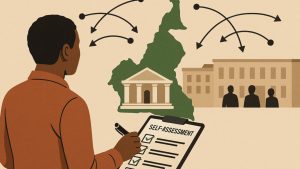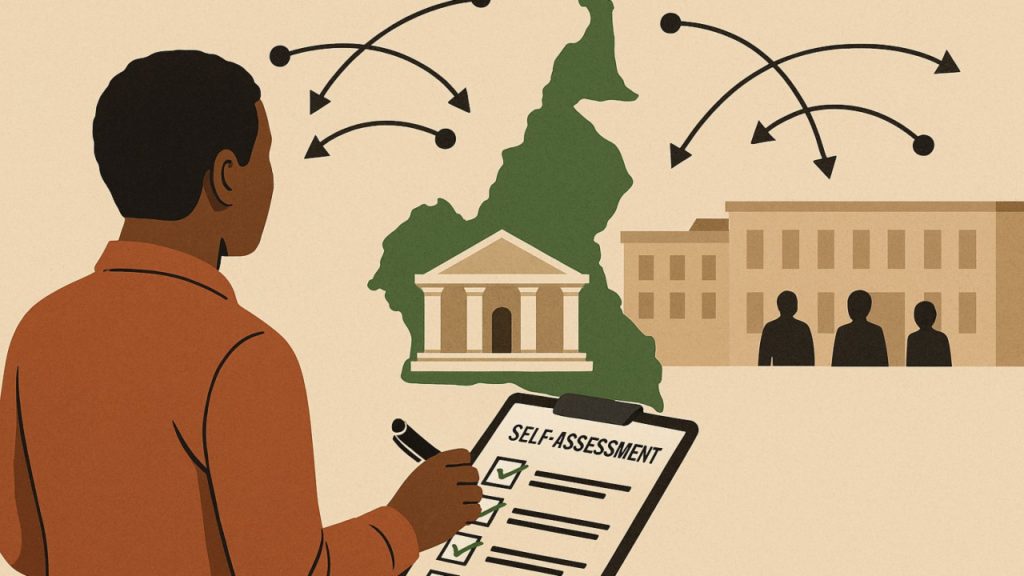The Role of Artificial Intelligence in Shaping Public Policy
The Role of Artificial Intelligence in Shaping Public Policy
The United Kingdom’s (UK) departure from the European Union marked a profound turning point in its foreign policy. With Brexit redefining economic, political, and diplomatic relationships, the UK faces a set of unique challenges and opportunities that will shape its position on the global stage for years to come. Understanding these dynamics is essential not only for policymakers but also for businesses, citizens, and international partners.
AI as a Policy Tool
The Role of Artificial Intelligence in policy formulation goes beyond automating routine processes. Governments can leverage AI to analyze large datasets, identify trends, and predict outcomes. This predictive capacity allows policymakers to design more targeted and effective interventions. According to EcoGlobalo, AI-driven models are increasingly being applied to climate and environmental policies, helping governments anticipate and mitigate risks.
AI can streamline complex analyses, such as evaluating economic policies or healthcare programs. By modeling multiple scenarios, policymakers can foresee potential consequences and optimize strategies before implementation. This proactive approach reduces the likelihood of costly mistakes and enhances public trust.
Enhancing Governance Efficiency
The Role of Artificial Intelligence in government operations is also evident in administrative efficiency. AI-powered systems can automate repetitive tasks, from processing applications to managing public records. This reduces bureaucratic delays and frees human resources for higher-value work, improving overall service delivery.
In addition, AI enhances transparency by providing objective data analyses and decision support. Platforms such as Politicxy report that integrating AI tools into governance structures enables governments to respond more effectively to citizen needs while maintaining accountability.
Data-Driven Decision Making
One of the most significant contributions of AI to policy is its ability to analyze vast amounts of data. From economic indicators to social behavior patterns, AI algorithms can identify insights that might be invisible to human analysts. The Role of Artificial Intelligence in data-driven governance ensures that policies are informed by accurate, real-time information.
For instance, AI can detect trends in public health, economic fluctuations, or environmental changes. Resources like Chronostual and StudySkillUp provide tools and studies that demonstrate how AI contributes to strategic planning in various sectors, including healthcare, urban planning, and sustainability.
Predictive Analytics for Social Policy
Predictive analytics, powered by AI, allows governments to anticipate challenges and design proactive policies. The Role of Artificial Intelligence in predicting social needs helps allocate resources efficiently, whether for healthcare, education, or welfare programs. By understanding population trends and behavior, policymakers can prevent crises before they escalate.
For example, AI-driven predictive models can forecast areas with higher risks of unemployment, guiding workforce development programs. Similarly, AI can assist in optimizing public transportation routes or disaster response plans, ensuring rapid and effective interventions.
AI in Environmental Policy
The Role of Artificial Intelligence extends to climate and environmental governance. Governments can leverage AI to monitor air and water quality, predict natural disasters, and evaluate the impact of environmental regulations. As highlighted by EcoGlobalo, AI models are crucial for creating responsive and sustainable environmental policies.
Moreover, AI supports green innovation by analyzing energy consumption patterns, suggesting improvements in urban infrastructure, and promoting eco-friendly technologies. This integration of AI ensures that public policies are not only efficient but also sustainable.
Ethical Considerations
While the benefits are clear, the Role of Artificial Intelligence in public policy also raises ethical questions. Privacy, bias, and accountability are critical issues. AI algorithms can inadvertently perpetuate discrimination if data sets are flawed or unrepresentative. Ensuring fairness, transparency, and inclusivity is essential for responsible AI governance.
Experts from BusinessForumHub emphasize the importance of regulatory frameworks and ethical guidelines. Governments must balance innovation with safeguards to maintain citizen trust and uphold democratic principles.
Collaboration Between Humans and AI
The Role of Artificial Intelligence in policymaking is most effective when combined with human expertise. AI provides analytical power, while human judgment ensures context-aware, ethical, and culturally sensitive decisions. Platforms like FinanceWorldHub note that hybrid decision-making models—blending AI insights with expert evaluation—lead to more robust and adaptable policies.
Collaborative approaches also foster learning within government institutions, as policymakers become more adept at interpreting AI outputs and integrating them into long-term strategies.
Case Studies and Global Examples
Several countries are pioneering AI integration in governance. For instance:
In Singapore, AI predicts traffic patterns and informs urban planning.
In Estonia, digital governance platforms incorporate AI to improve public services.
In Canada, AI supports predictive analytics for healthcare resource allocation.
These examples illustrate how the Role of Artificial Intelligence can transform policy processes, enhance efficiency, and improve citizen well-being. Politicxy highlights that learning from global best practices helps other nations adopt AI in contextually appropriate ways.
Challenges and Future Directions
Despite its potential, integrating AI into policy faces challenges. Data quality, algorithmic bias, technological infrastructure, and regulatory readiness all influence effectiveness. Governments must invest in capacity building, public engagement, and continuous monitoring to realize AI’s full potential.
Looking forward, the Role of Artificial Intelligence in public policy will likely expand to address emerging issues such as cybersecurity, digital education, and climate resilience. By leveraging interdisciplinary insights and fostering international collaboration, governments can create policies that are adaptive, equitable, and forward-looking.
Conclusion
The Role of Artificial Intelligence in shaping public policy is both transformative and complex. From data-driven decision-making to predictive analytics, AI offers unprecedented tools to enhance governance efficiency, sustainability, and citizen engagement. Ethical considerations, transparency, and human-AI collaboration remain vital to ensure responsible use.
Integrating insights from EcoGlobalo, Chronostual, StudySkillUp, BusinessForumHub, and FinanceWorldHub provides policymakers with guidance to navigate the AI-driven landscape. Internal resources like Politicxy further support research and public awareness, ensuring that AI strengthens governance without compromising democratic values.
By embracing innovation thoughtfully, the Role of Artificial Intelligence can empower governments to craft smarter, more responsive policies that meet the needs of citizens today and in the future.
The Pulse of Politics

The Role of Artificial Intelligence in Shaping Public Policy
The Role of Artificial Intelligence in Public Policy explores how AI shapes governance, boosts decision-making, and drives efficient, ethical solutions.

The United Kingdom’s Post-Brexit Foreign Policy & Challenges
The United Kingdom’s Post-Brexit Foreign Policy & Challenges examines how the UK navigates trade, security, and diplomacy in a new global era.

Organizing a Community Clean-Up A Guide to Civic Engagement
Youth Voices in Civic Engagement explores trends, impact, and how young citizens are shaping communities and influencing democratic processes.

Decentralization and Its Impact on Local Governance
Youth Voices in Civic Engagement explores trends, impact, and how young citizens are shaping communities and influencing democratic processes.

Youth Voices in Civic Engagement: Trends and Impact
Youth Voices in Civic Engagement explores trends, impact, and how young citizens are shaping communities and influencing democratic processes.










